Ever stood in front of your fridge, staring at a bunch of ingredients, and just couldn’t decide what to make for dinner? Or spent way too long picking an outfit, only to feel totally drained before the day even starts? That’s not you being lazy it’s decision fatigue. It’s like your brain’s battery runs low from making too many choices, even the tiny ones. I’ve been there, and let me tell ya, it’s a real thing. 😓

One morning, I was getting ready for a friend’s brunch. I stood in front of my closet for a solid 15 minutes, trying to pick between a blue dress or jeans and a sweater. Every option felt wrong, and I was stressing like it was a job interview. Later, at work, I spent half an hour deciding which email to tackle first. By the time dinner rolled around, choosing between pasta or takeout felt like climbing a mountain.
I wasn’t slacking I was just fried. This article’s gonna dive into why those little decisions pile up, how they zap your energy, and what you can do to get your mental mojo back. We’ll cover what decision fatigue is, why it hits some of us harder, and practical ways to beat it.
Check out our guide on mindful living for more ways to stay grounded, and this Healthline article has some solid science on why your brain gets overwhelmed.
Plus, keep an eye out for a cool infographic to spot the signs of decision fatigue before it takes over. Ready to give your brain a break?

Mental Wellness Test
Where Does Your Mind Need the Most Support?
Discover your emotional health in under 4 minutes.
Find out if what you’re feeling is:
burnout, anxiety,trauma
or just too many open tabs in your brain.
No pressure – Just clarity
What Is Decision Fatigue?
Decision fatigue is when your brain gets tuckered out from making too many choices. It’s like your mental gas tank runs dry, and suddenly, even picking what to watch on Netflix feels like a life-or-death call. The term got big thanks to John Tierney’s 2011 New York Times article, but it’s rooted in psychology, tied to this idea called ego depletion. Basically, your willpower’s like a muscle use it too much, and it gets tired.
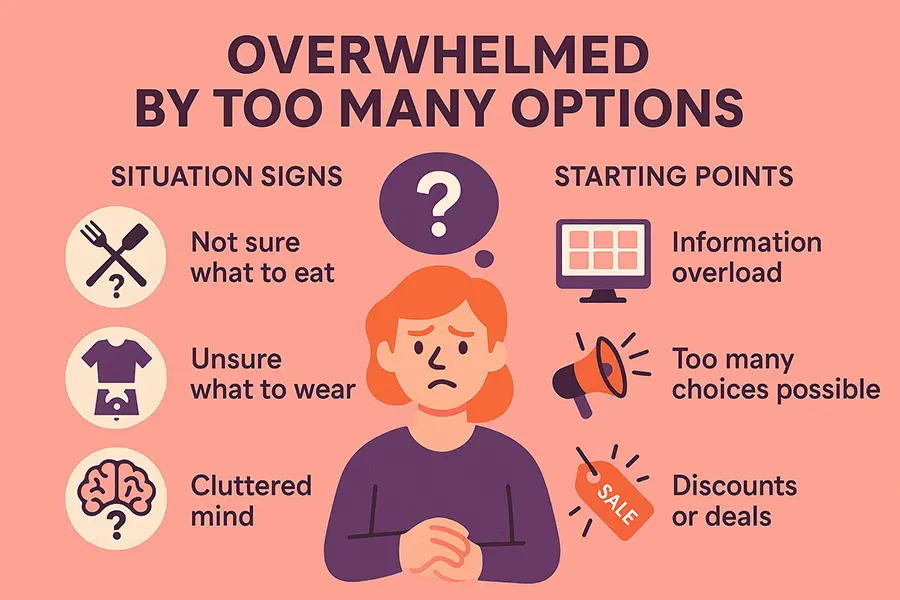
Every choice you make, from what socks to wear to which project to start, uses up a bit of that mental energy. After a while, you’re running on fumes, and your decisions get sloppy or you just avoid deciding altogether. The Decision Lab says it’s not just about big choices; even tiny ones, like picking a coffee order, add up.
There’s this famous study about judges on parole boards. In the morning, they were more likely to grant parole, but by afternoon, after hours of decisions, they’d just say no to keep things simple. It’s not that they didn’t care their brains were just done. Same goes for us. By the end of a long day, you might grab junk food instead of cooking or skip a workout because deciding to go feels too hard. That’s decision fatigue in action.
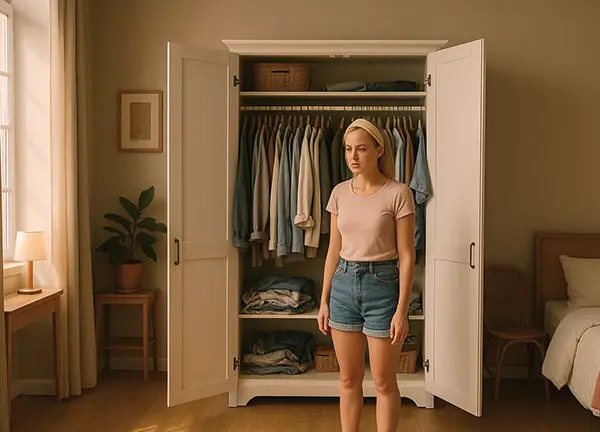
For me, it hit hard during a busy week at work. I was juggling deadlines, meetings, and a million emails. By Friday, I couldn’t even pick a restaurant for dinner with friends. I just said, “You guys choose,” and zoned out. It wasn’t laziness my brain was begging for a break. 😅
Why Your Brain Gets Overwhelmed by Micro-Decisions
You might think, “C’mon, picking cereal isn’t that hard.” But here’s the deal: every little choice takes a toll. Your brain’s not built for the endless decisions we face today. Back when we were cave people, decisions were simple find food, avoid danger. Now? We’re choosing between 20 types of yogurt, which playlist to vibe to, and whether to reply to that email right now. It’s a lot.
Here’s why those micro-decisions add up:
- Cognitive Load: Every choice needs your brain to process info, weigh options, and pick one. Even something small, like choosing a font for a presentation, takes mental effort.
- Emotional Weight: Decisions aren’t just logical they’re emotional. You might feel guilty picking ice cream over fruit or stress about picking the “wrong” outfit. That emotional tug drains you.
- Uncertainty: When there’s no clear “best” choice, your brain works overtime to figure it out. Ever stood in a store aisle, paralyzed by too many shampoo options? That’s uncertainty at work.
- Perfectionism: If you’re a perfectionist, every decision feels like a test. You wanna make the perfect choice, which makes even small decisions feel huge.
- Cumulative Effect: It’s not one choice it’s the hundreds you make all day. By evening, your brain’s like, “I’m done, figure it out yourself.”

I learned this the hard way during a grocery run. I went in for a few things, but the aisle of pasta sauces stopped me dead. Marinara? Alfredo? Spicy? Organic? I stood there for 10 minutes, totally overwhelmed. By the time I got home, I was too tired to cook and just ordered pizza. My brain was fried from all those tiny choices
How Decision Fatigue Shows Up
Decision fatigue is sneaky. It doesn’t always scream, “Hey, I’m here!” Instead, it creeps up, making you feel off without knowing why. Here’s how it might look:
- Procrastination: You put off simple stuff, like answering an email, because you can’t decide where to start.
- Decision Paralysis: Too many options? You freeze. Think scrolling Netflix for an hour without picking a show.
- Impulsive Choices: When your brain’s tired, you go for the easy option, like grabbing fast food instead of cooking.
- Mental Fog: Your head feels cloudy, like you can’t think straight. Focusing on work or convos gets tough.
- Irritability: Small choices, like what to wear, make you snappy or frustrated.
- Avoidance: You dodge decisions altogether, like letting someone else pick the restaurant.
I saw this in action during a work project. I had to choose between two designs for a client pitch. Normally, I’d weigh the pros and cons, but after a day of meetings and emails, I just couldn’t. I kept putting it off, and when I finally chose, I second-guessed myself for days. That’s decision fatigue messing with you.
It’s not just work, though. It shows up in relationships too. Ever snap at your partner over something dumb, like where to eat? That’s your brain saying, “No more choices, please!” And in social settings, it can make you skip events because deciding what to wear or bring feels like too much

Why Sensitive Nervous Systems Are More Prone

Some folks feel decision fatigue harder than others, especially if you’ve got a sensitive nervous system. Highly sensitive people (HSPs), perfectionists, or those with anxiety are more likely to get hit hard. Here’s why:
- Overanalyzing: HSPs process info deeply, so they might spend ages weighing every option, worried about picking the “wrong” one.
- Fear of Regret: Perfectionists and anxious folks often stress about making mistakes, turning small choices into big deals.
- Feeling Responsible: If you feel like every outcome’s on you, even tiny decisions like picking a lunch spot feel heavy.
- Emotional Activation: Sensitive folks feel stronger emotions with each choice, which burns more mental energy.
I’m kinda sensitive myself, and I notice it when I’m picking gifts. I’ll spend hours online, reading reviews, worried I’ll pick something the person won’t love. It’s not just about the gift it’s like I’m trying to control their happiness. That’s exhausting.
If you’re an HSP or deal with anxiety, your brain’s already working overtime, so decision fatigue can hit faster. It’s like your mental battery’s smaller to begin with. But don’t worry there are ways to manage it, even if you’re wired this way
How to Reduce Decision Fatigue
Good news: you don’t have to live with a fried brain. There are practical ways to cut down on decision fatigue and save your mental energy for stuff that matters. Here’s how to do it
“Decision fatigue helps explain why ordinarily sensible people get angry at colleagues and families, splurge on clothes, buy junk food at the supermarket, and can’t resist the dealer’s offer to rustproof their new car.” – Roy Baumeister, Willpower: Rediscovering the Greatest Human Strength
1. Build Default Routines for Low-Stakes Choices
Automating small decisions is like putting your brain on cruise control. Set up routines for things like:

- Outfits: Pick a go-to work look, like jeans and a black top. Barack Obama famously wore only blue or gray suits to skip outfit decisions.
- Meals: Plan a weekly breakfast menu, like oatmeal on weekdays.
- Work: Use email templates or a set schedule for tasks.
I started laying out my clothes the night before, and it’s like I gained an extra 10 minutes of brainpower every morning. It’s not boring it’s freeing.
2. Limit Options Intentionally
Too many choices? Your brain freaks out. Narrow things down:
- Shopping: Filter online searches to 2-3 options.
- Dining: Ask for a server’s top picks instead of reading the whole menu.
- Big Decisions: For stuff like buying a phone, pick three models and compare those.
There’s this study about jam when people had 24 flavors to choose from, they were less likely to buy than when they had just 6. Less is more, folks.

3. Make Some Choices the Night Before
Planning ahead saves your morning brain. Try:
- Picking your outfit.
- Prepping lunch or breakfast.
- Writing a to-do list for the next day.
I started making my lunch the night before, and it’s like I’m giving my morning self a high-five. No more stressing over what to eat.
4. Reframe Mistakes as Learning
Perfectionism makes every choice feel like a test. Instead, see decisions as experiments. If you pick a bad restaurant, it’s not the end of the world just try a different one next time.
I used to stress about picking the “perfect” gift for my sister. Now, I’m like, “If she doesn’t love it, I’ll know for next time.” It takes the pressure off.
5. Schedule Decision-Free Recovery Time
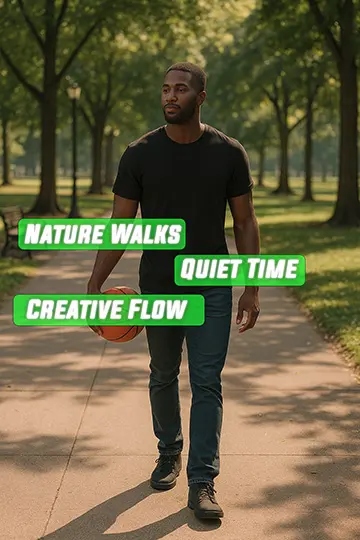
Your brain needs a break from deciding. Set aside time for:
- Nature Walks: Leave your phone at home and just soak in the trees.
- Quiet Time: Sit with a cup of tea, no screens, no choices.
- Creative Flow: Do something mindless, like doodling or knitting.
I take a 15-minute walk every afternoon, no phone, just me and the breeze. It’s like hitting reset on my brain
Taking a break to recharge, keyword: mental recovery
6. Use the 5-Second Rule
Stuck on a choice? Count to 5 and pick something. It’s not about being perfect it’s about moving forward. I used this when picking a movie on Netflix. Instead of scrolling forever, I just counted and chose. Done.
7. Prioritize Your Decisions
Not every choice deserves your full attention. Save your mental energy for big stuff, like career moves or relationships, and simplify the small stuff.
For example, I don’t stress about what coffee to order anymore I just get a latte. Saves my brain for bigger things, like planning a trip.
8. Practice Mindfulness
Mindfulness helps you stay present and cut through mental clutter. Try a quick breathing exercise: inhale for 4, hold for 4, exhale for 4. It’s like a mini-vacation for your brain.
9. Fuel Your Brain
Sleep and nutrition are key. Lack of sleep or low blood sugar makes decision fatigue worse. Aim for 7-8 hours of sleep and eat balanced meals. I used to skip breakfast, and by noon, I was a mess. Now, I grab a smoothie, and it keeps me sharp.
10. Ask for Help
If you’re stuck, talk it out with a friend or mentor. Sometimes, an outside perspective makes decisions easier. I called my bestie when I couldn’t pick a vacation spot, and she helped me narrow it down in 5 minutes.
These strategies aren’t magic, but they work. Start with one or two and see how your brain feels. You’ll be amazed at how much energy you get back

Decision Fatigue for the LGBTQ+ Community
For folks in the LGBTQ+ community, decision fatigue can hit extra hard. Navigating societal pressures, family dynamics, or identity struggles means you’re often making tough choices like how to present yourself or whether to come out in certain spaces. That’s a lot of mental weight.
A friend of mine who’s queer said they used to spend hours deciding how to respond to coworkers’ questions about their personal life, worried about judgment. It drained them. Simplifying decisions, like setting clear boundaries or sticking to a routine, helped them save energy for bigger stuff, like advocating for themselves. Joining affirming spaces, like queer-friendly groups, can also lighten the load by giving you a safe place to be you.

For many in the LGBTQ+ community, decision fatigue can also come from navigating microaggressions or choosing when to disclose their identity. A trans friend shared how they spent hours deciding what to wear to feel safe yet authentic at a family event. Setting small boundaries, like choosing a ‘safe phrase’ to redirect conversations, can ease the mental load while preserving energy for self-expression.
The Science Behind It
Let’s get nerdy for a sec. Decision fatigue is tied to your brain’s prefrontal cortex, the part that handles planning and decision-making. Every choice you make uses up cognitive resources, like glucose in your brain. When those resources run low, your prefrontal cortex gets sluggish, and you start making impulsive or poor decisions or avoid them altogether.
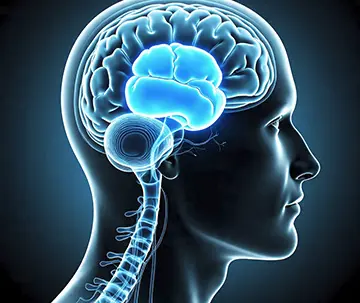
This is linked to ego depletion, a theory by Roy Baumeister that says willpower is a finite resource. A 2010 meta-analysis in Psychological Bulletin found that ego depletion can reduce self-control, making it harder to make good choices after a long day.
There’s also the famous jam study when shoppers had 24 jam flavors to choose from, they were less likely to buy than when they had just 6. Too many options lead to choice overload, which amps up decision fatigue.
For sensitive folks, like HSPs, the amygdala the brain’s emotional center can make decisions feel more intense, burning through mental energy faster. That’s why small choices can feel like a big deal.
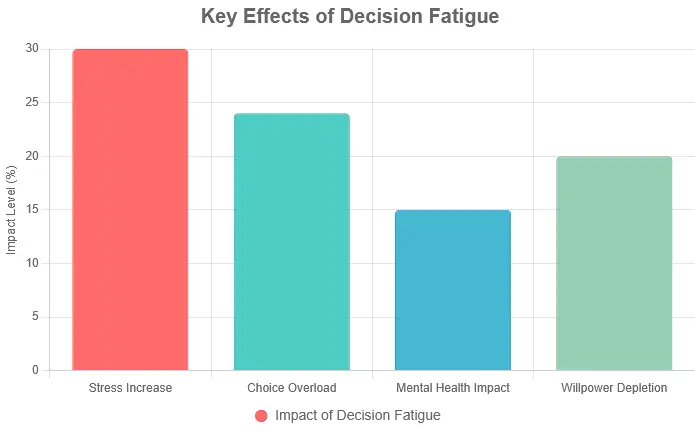
Here’s a quick look at the science:
Your brain’s not built for endless choices. These strategies can help it recharge
| Impact | Statistic | Source |
|---|---|---|
| Stress Increase | Decision fatigue can increase stress by 30% | UCLA Health |
| Choice Overload | 24 options reduce purchase likelihood vs. 6 | Journal of Personality and Social Psychology |
| Mental Health | Poor decisions linked to anxiety, depression | Healthline |
| Willpower Depletion | Ego depletion reduces self-control | Psychological Bulletin |
Other articles that will definitely help you
How to Start Reducing Decision Fatigue
- Pick One Routine: Choose a go-to breakfast or outfit to skip morning decisions.
- Limit Choices: Narrow options to 2-3, like picking from a shortlist of restaurants.
- Plan Ahead: Prep your lunch or to-do list the night before.
- Reframe Mistakes: Tell yourself, “If it’s not perfect, I’ll learn for next time.”
- Take Breaks: Schedule 10 minutes of no-decision time, like a walk or meditation.
- Fuel Up: Get 7-8 hours of sleep and eat balanced meals to keep your brain sharp.
- Ask for Help: Talk through tough choices with a friend to lighten the load.

Conclusion
Decision fatigue is like a sneaky energy vampire, draining your brain with every little choice you make. From picking an outfit to deciding what to eat, those micro-decisions add up, leaving you foggy, irritable, or just done. But you don’t have to live like that. By building routines, limiting options, and giving your brain a break, you can save your mental energy for the stuff that really matters.
Ready to take back your mental energy? Try one simple trick today: pick your outfit the night before or download our free Decision Fatigue Checklist to streamline your choices. Your brain will thank you! 😊

Citations:
- Healthline: Defines decision fatigue (aka ego depletion), its signs like procrastination, impulsivity, indecision and ways to manage mental exhaustion from repetitive choices
- The Decision Lab: Explains how making many decisions depletes cognitive resources, leading to shortcuts and poorer decision quality
- The New York Times: The article “Do You Suffer From Decision Fatigue?” reviews how repetitive choice-making saps willpower, causing declining decision quality over time
- Psychological Bulletin: A meta-analysis (83 studies) supporting the ego depletion model that self-control wanes with mental effort over time
- Journal of Personality and Social Psychology: A meta-analysis on choice overload showing that too many options can demotivate decision-making and reduce satisfaction
Don’t miss related articles
- Mindful Living: How to Start Today
- Emotional Self-Care: Why You Need It
- Digital Boundaries Without Guilt
- Overthinking at Night: How to Stop
- The Anxiety of Needing to Control Everything
FAQ
Brain’s trying to protect you by prepping for potential threats, a holdover from when survival meant anticipating danger. But in modern life, this often leads to unnecessary worry about unlikely events.
Nope! Letting go of obsession doesn’t mean neglecting your duties. It’s about preparing reasonably while accepting you can’t control everything. You’re still responsible just less stressed.
Occasional anxiety’s normal, but with practices like mindfulness and self-compassion, it can get way less intense. You might not eliminate it, but you can manage it like a pro.
Ultimate Mental Wellness Test: Discover Emotional Health Just in 3 Min
Ever wonder where you stand with your mental health? That’s where our quick question Mini Mental Health Check comes in. It’s like a quick peek into your brain, giving you insights into your anxiety, burnout, and self-esteem levels.
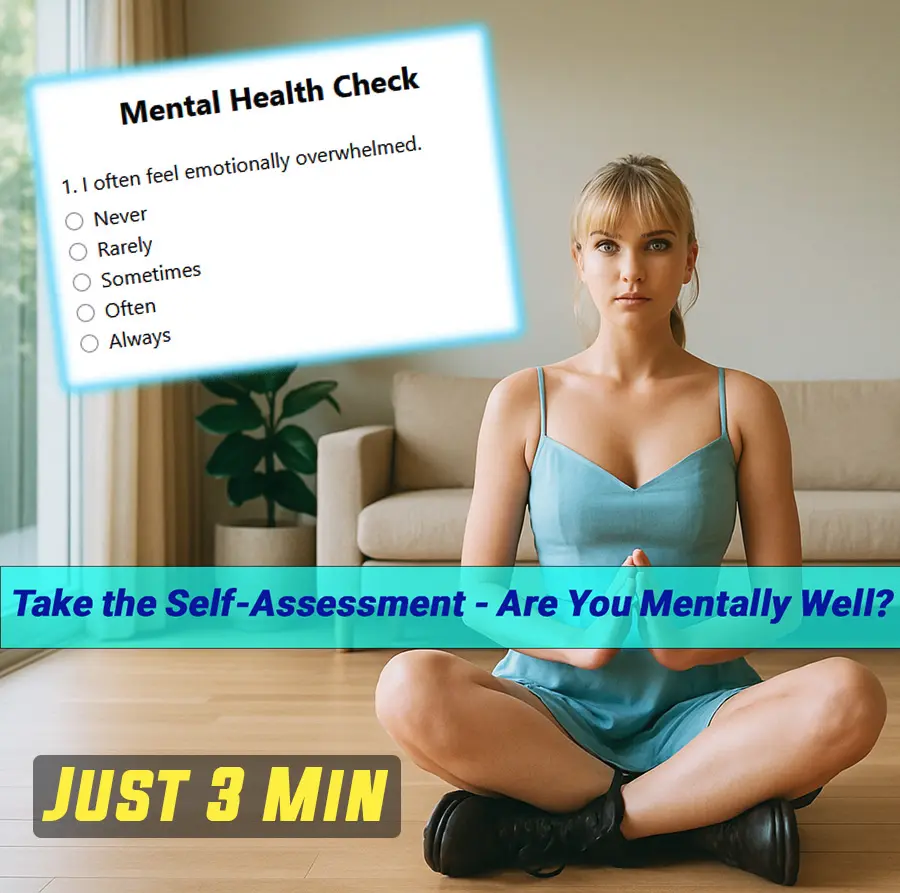
✨ Last updated on 08.08.2025
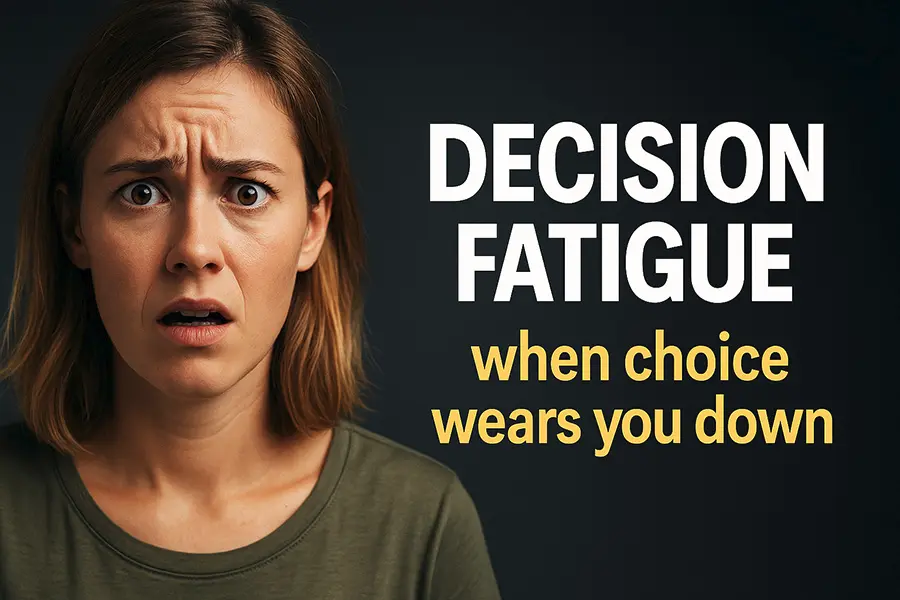
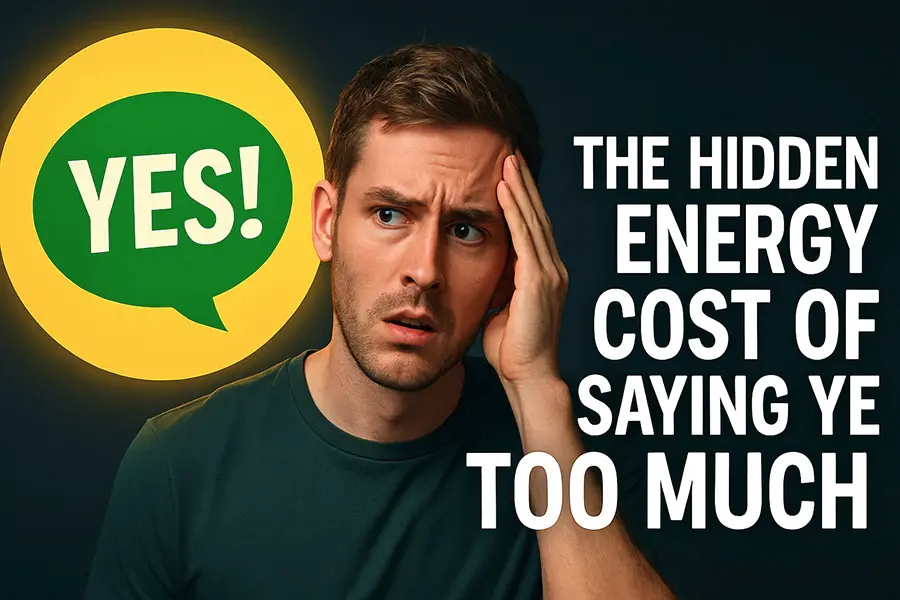
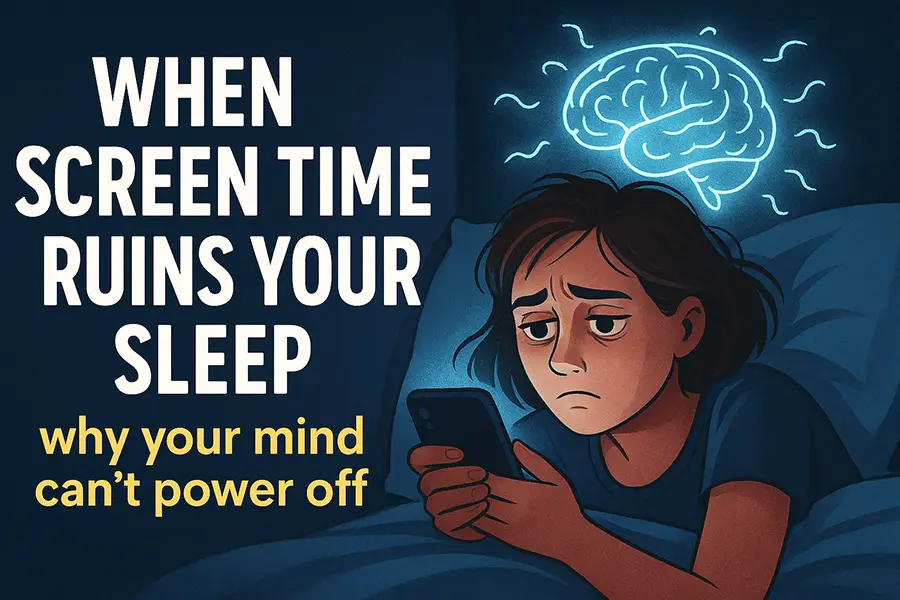
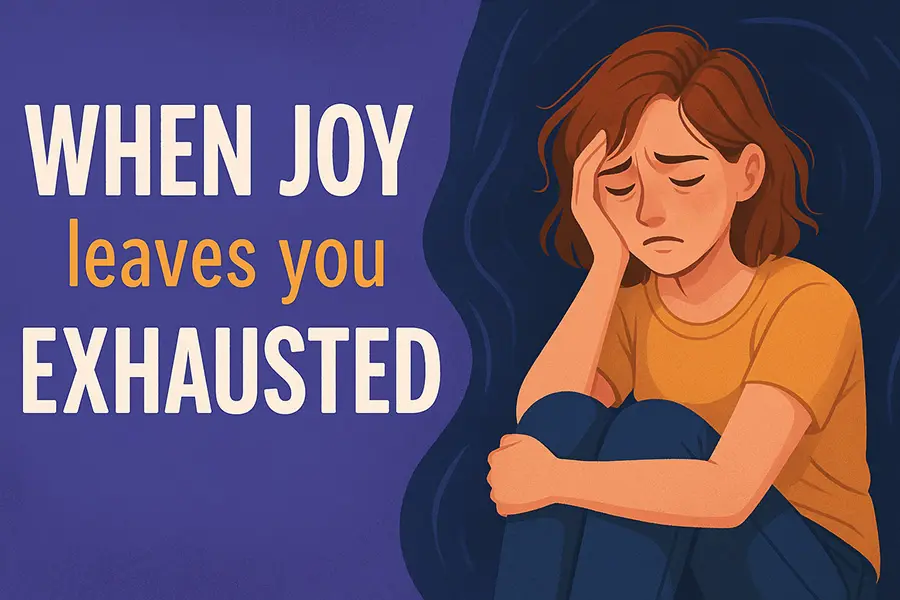
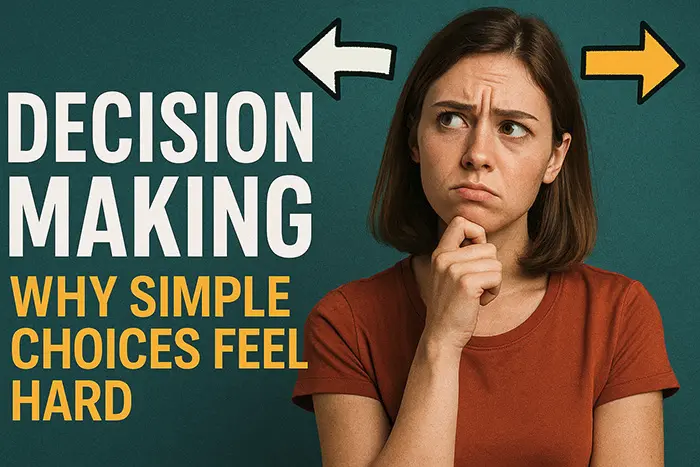
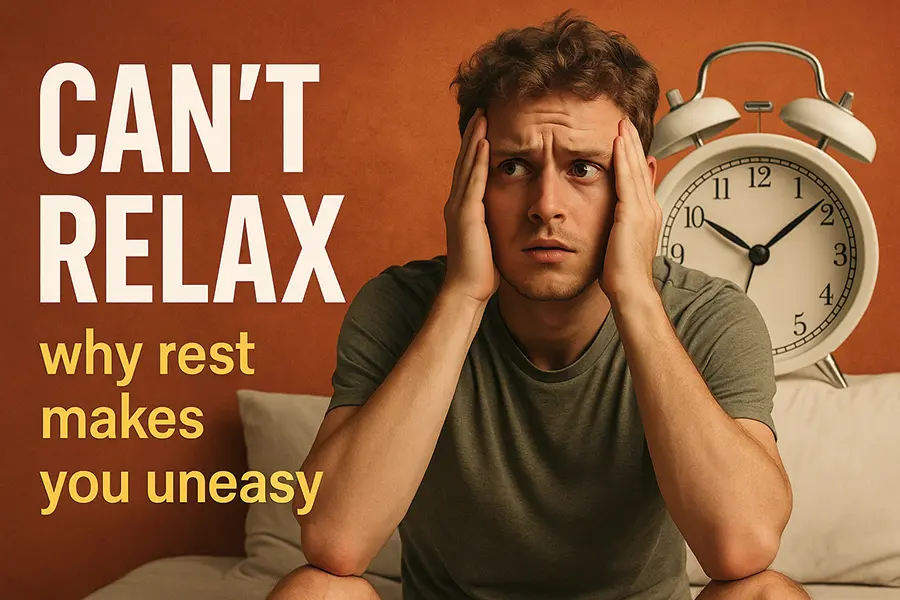
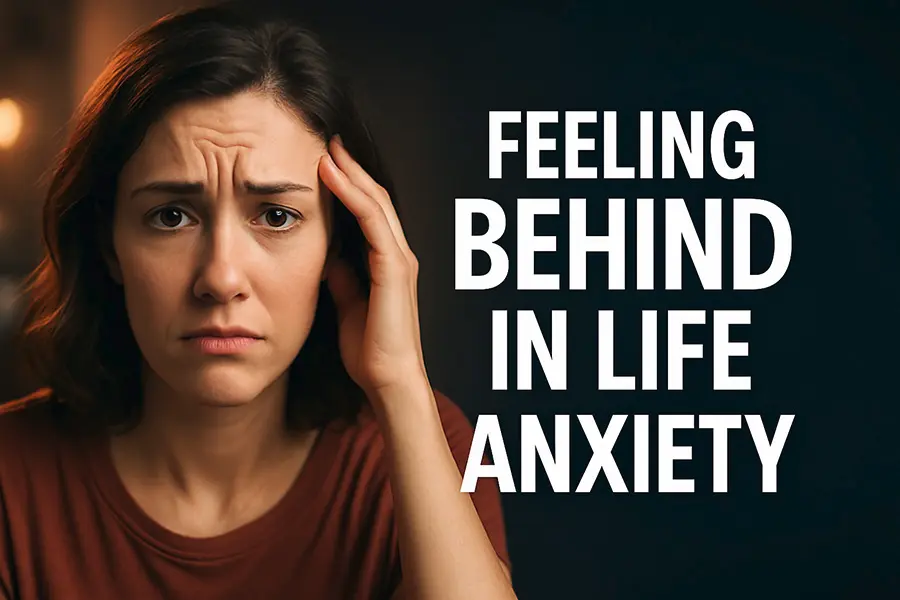
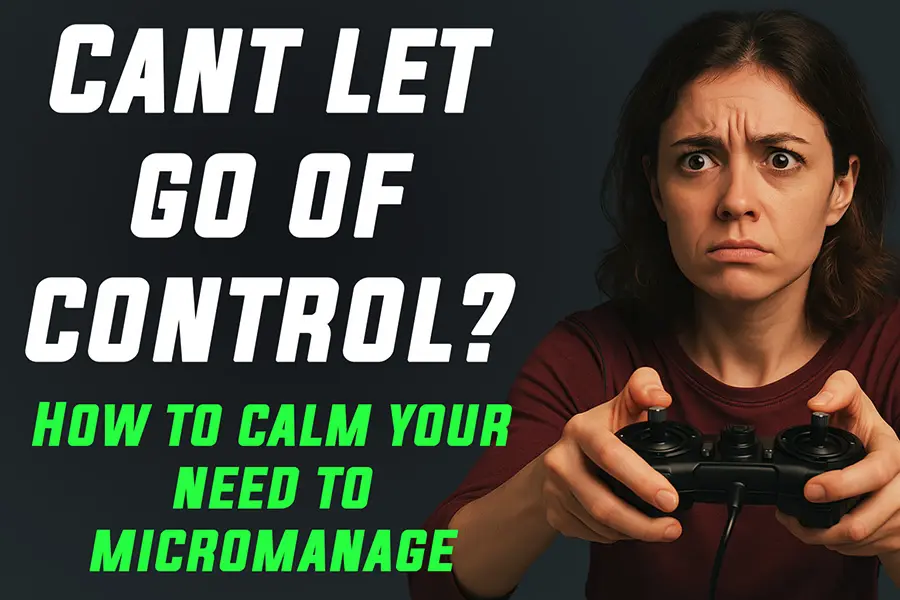
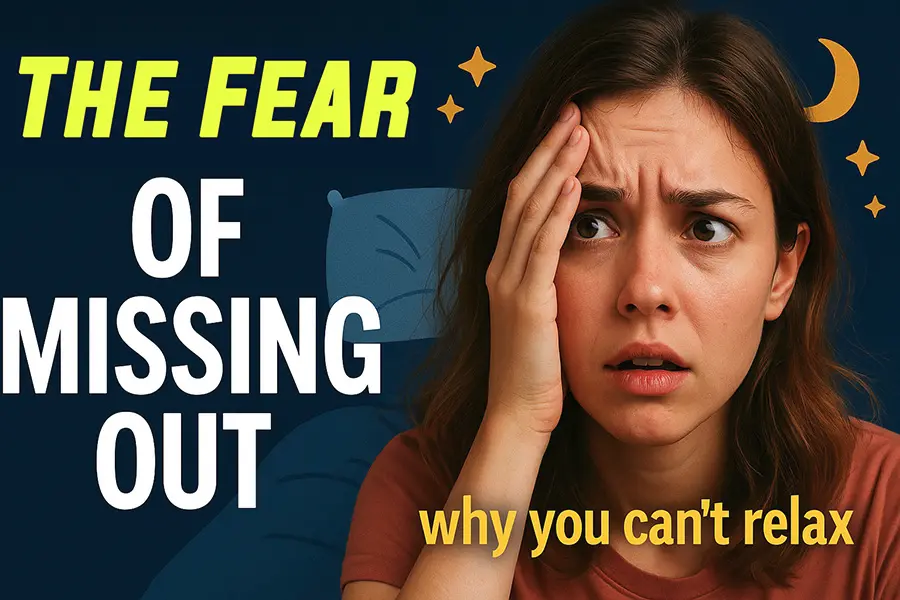
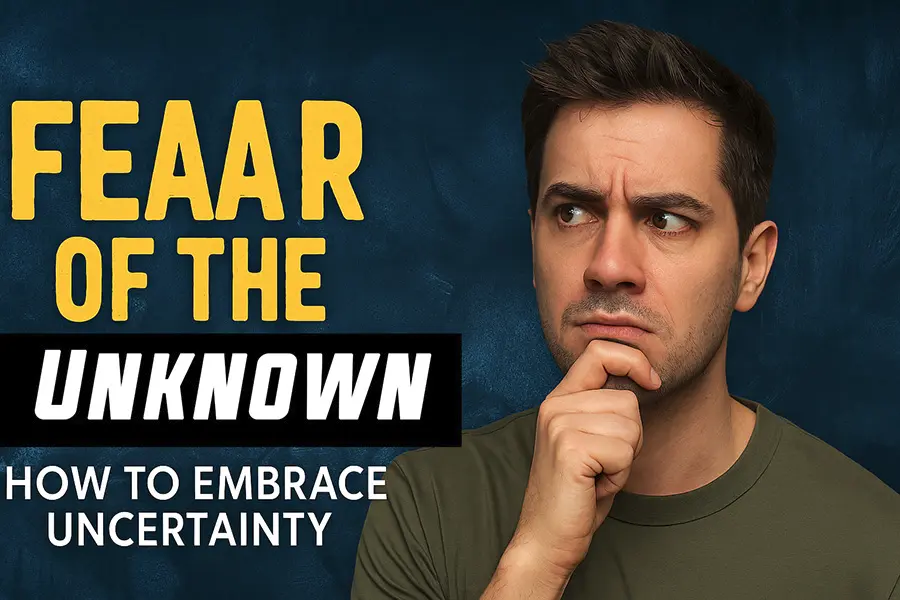
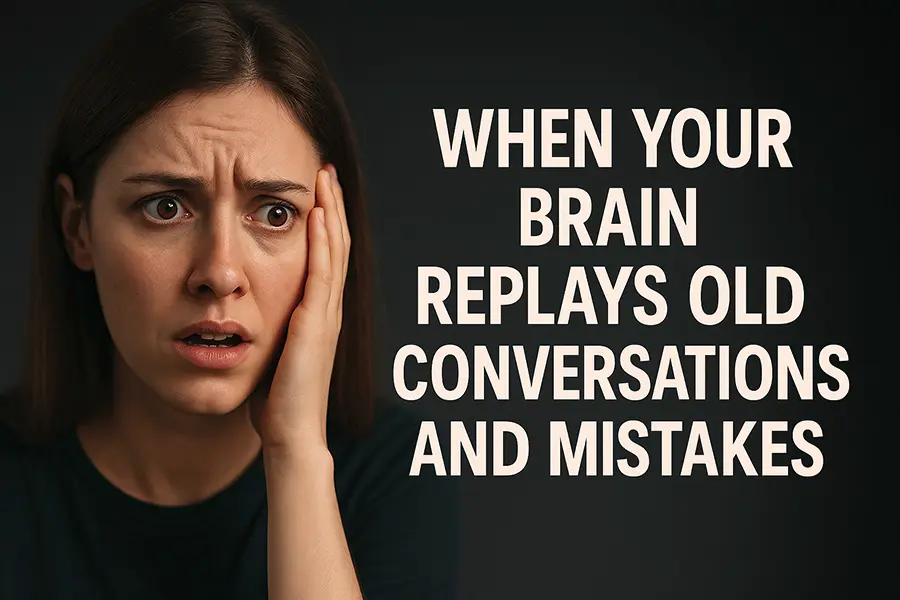
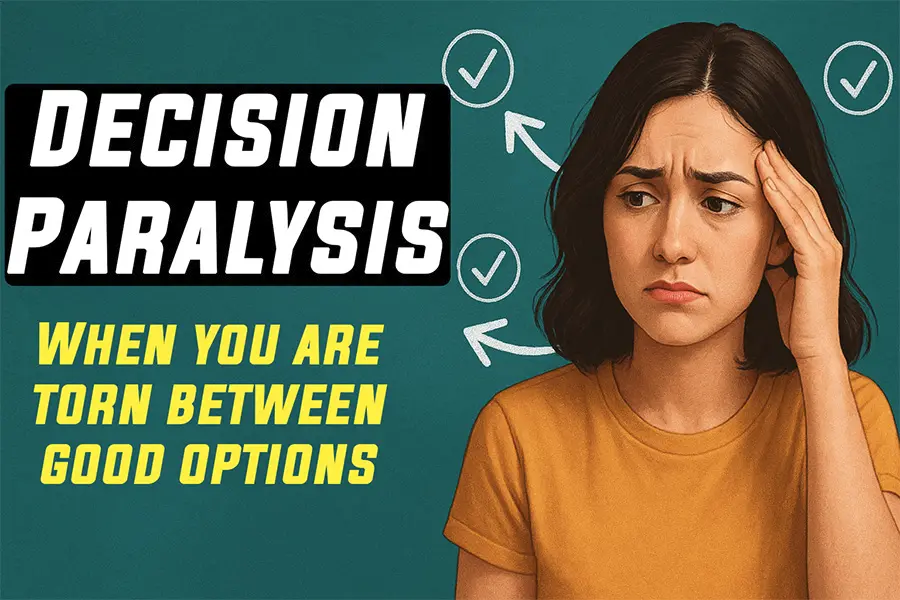




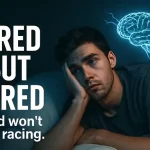





Leave a Reply